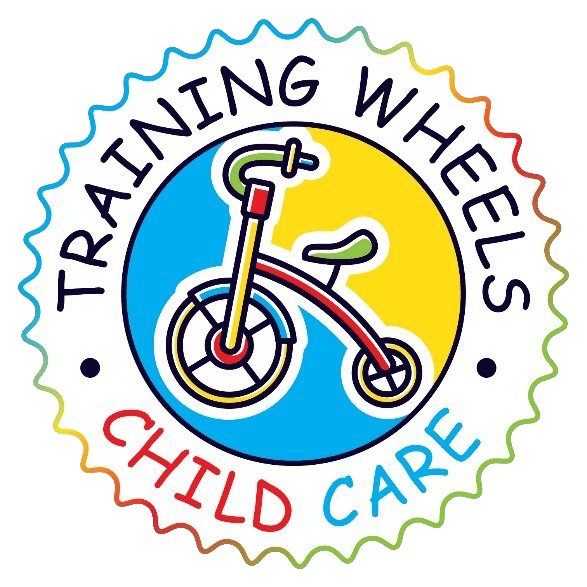Early childhood development happens all throughout a child’s early years; whether it is handled well or not lands on the shoulders of their caretakers, though.
Inattention or a lack of consideration on the part of a parent or caretaker can leave a child lagging behind developmentally for years; but attention to detail, intentionality and a sound plan of action can help children excel and achieve their developmental milestones.
A high-quality daycare center can work alongside parents to help a child develop appropriately. Here are 5 ways that daycares can help contribute positively to a child’s early development.
5 Ways Daycare Contributes to Positive Early Childhood Development

1. Promotes Prosocial Behavior
A high-quality childcare center can have a long-lasting and significant impact on a child’s social and emotional development. Consistent socialization in early childhood has been shown to have a critical impact on prosocial behavior later in life.
When children even as young as one or two years old get a chance to play and interact with other children their age, they begin to learn skills like working together, sharing, and helping others. These foundational skills will lend to their social behaviors and skills as they continue to grow.
2. Supports School Readiness
Childcare centers offer a similar structure to the school setting that kids can expect to experience when they begin kindergarten. Even in the younger classes, routine and structure provide ways for children to adjust to and expect consistency, and kids thrive in consistent routines.
Lessons, focused play, and story time also teach kids how to fixate their attention on one particular group activity, another important skill to master before beginning school.
3. Increases Academic Achievement
Documented research shows that high-quality daycare and early childhood programs can have a long-term positive impact on children’s academic success.
Grant Aldrich, a father of two and the CEO of OnlineDegree, states that “the early childhood education program lays the foundation for later years of schooling, even up to higher education. Studies have shown that students who attend an early childhood education program are more likely to graduate high school and attend college.”
4. Encourages Communication
Children have constant opportunities to interact with others in a daycare setting, both their peers as well as grown-ups. This means they have countless opportunities to flex their developing communication skills in different settings.
Children are able to build meaningful connections with trusted caretakers, build friendships with the other kids, and learn how to navigate many different social interactions. These real-life scenarios play a significant role in strengthening a child’s communication skills.
5. Cultivates Confidence
When children feel competent and capable, their confidence soars, and that is another benefit kids can reap from a quality, caring childcare setting.
Caring and trusted caretakers will encourage a child’s independence through different activities that stretch the child’s abilities and understanding. Whether it is something physical like crossing the monkey bars or helping them recognize and identify phonetic sounds they may be struggling with, these little victories can create a HUGE impact on a child’s confidence.
This confidence will help them understand that they can do hard things and accomplish goals they set for themselves today, tomorrow, and for the rest of their lives.
